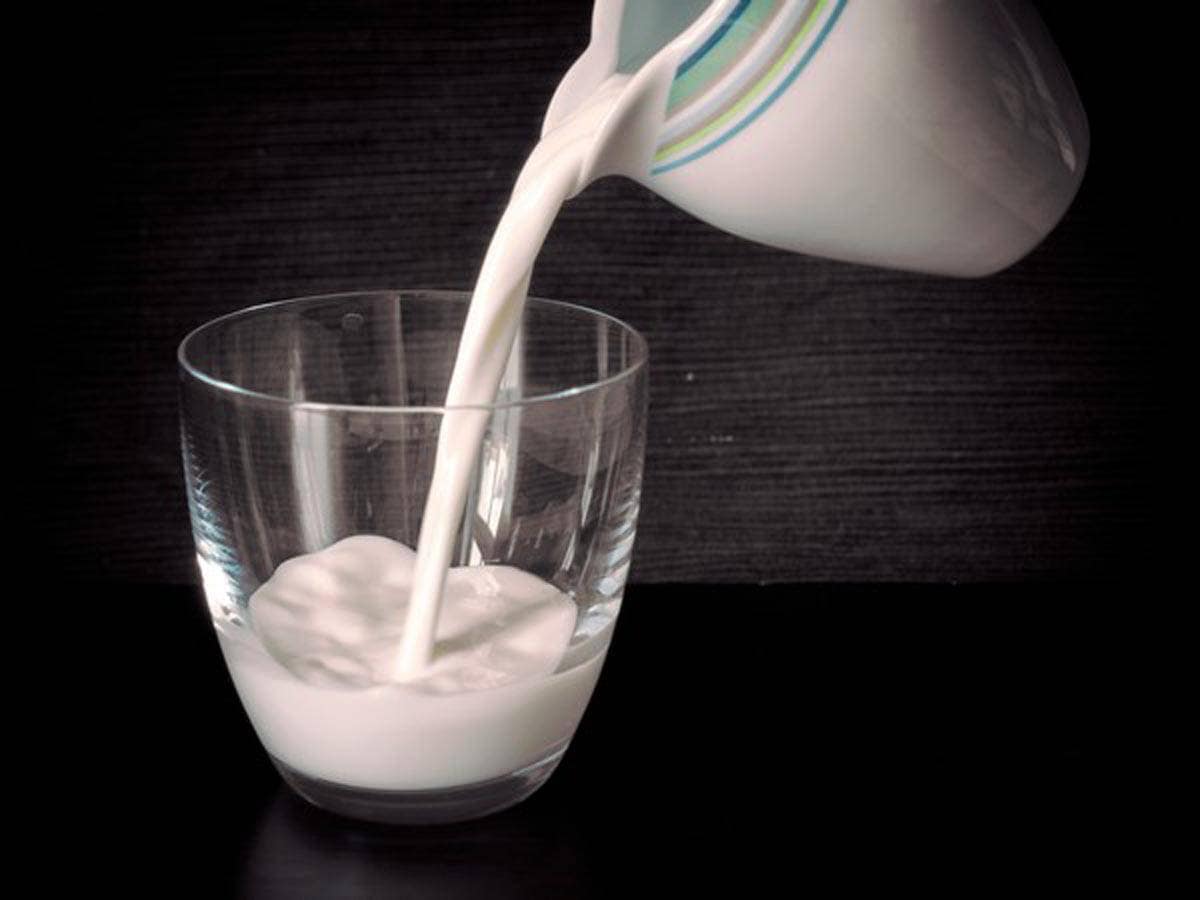New York: Researchers have revealed that drinking low-fat milk is significantly associated with less aging in adults.
Published in the the journal Oxidative Medicine and Cellular Longevity, the study from Brigham Young University found that people who drink low-fat milk experience several years less biological aging than those who drink high-fat (two per cent and whole) milk.
“It was surprising how strong the difference was, if you’re going to drink high-fat milk, you should be aware that doing so is predictive of or related to some significant consequences,” said study researcher Larry Tucker from Brigham Young University in the US.
For the study, the researchers investigated the relationship between telomere length and both milk intake frequency (daily drinkers vs weekly drinkers or less) and milk fat content consumed (whole vs two per cent vs one per cent vs skim).
Telomeres are the nucleotide endcaps of human chromosomes. They act like a biological clock and they’re extremely correlated with age; each time a cell replicates, humans lose a tiny bit of the endcaps.
Therefore, the older people get, the shorter their telomeres, the researchers said.
And, apparently, the more high-fat milk people drink, the shorter their telomeres are, according to the study.
The study revealed that for every one per cent increase in milk fat consumed (drinking two per cent vs one per cent milk), telomeres were 69 base pairs shorter in the adults studied, which translated into more than four years in additional biological aging.
When research team analysed the extremes of milk drinkers, adults who consumed whole milk had telomeres that were a striking 145 base pairs shorter than non-fat milk drinkers.
Nearly half of the people in the study consumed milk daily and another quarter consumed milk at least weekly.
Just under a third of the adults reported consuming full-fat (whole) milk and another 30 per cent reported drinking two per cent milk.
Meanwhile, 10 per cent consumed one per cent milk and another 17 per cent drank nonfat milk. About 13 per cent did not drink any cow milk.
The findings provide support for the current Dietary Guidelines for Americans (2015-2020), which encourage adults to consume low-fat milk, both nonfat and one per cent milk, and not high-fat milk, as part of a healthy diet.

